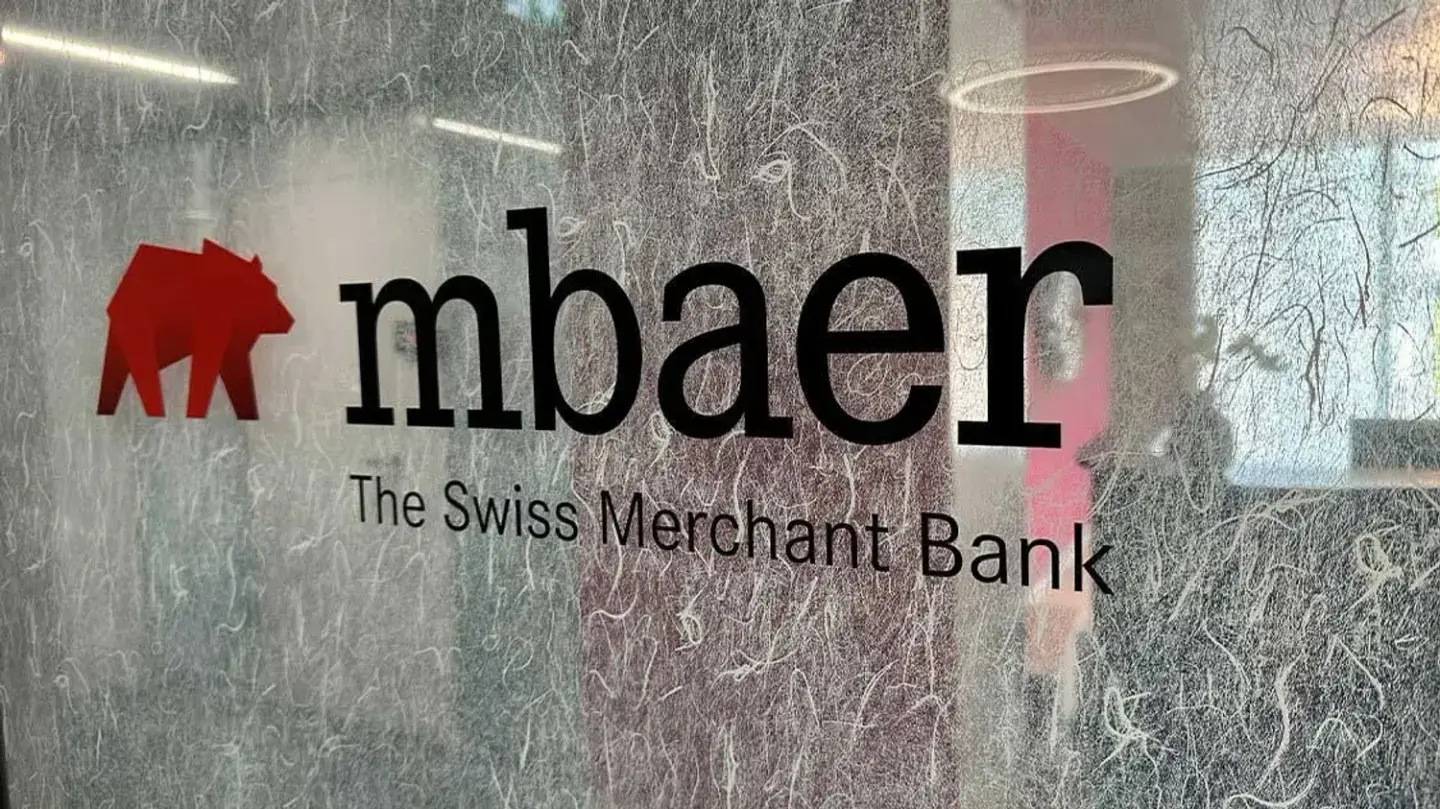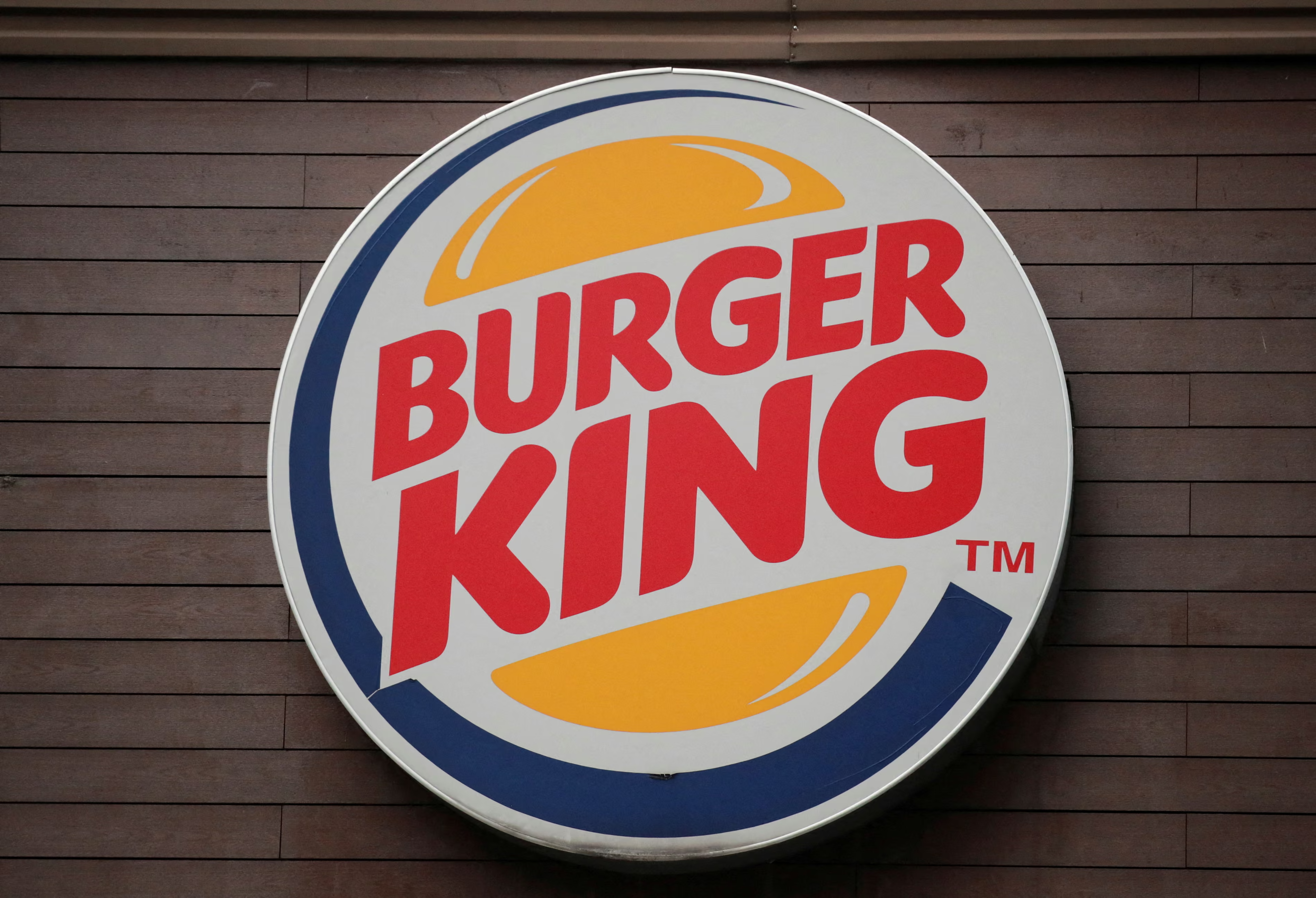Wyoming lawmakers are taking another swing at regulating the state’s fast-growing gambling industry, advancing a package of bills aimed at tightening oversight, cracking down on money laundering, and keeping gaming machines out of grocery stores, Gillette News Record reports.
But one thing they didn’t move forward? A proposed cap on Historic Horse Racing (HHR) terminals — the electronic gambling machines that have become a major moneymaker in the state.
The Legislature’s Management Council this week considered five draft bills originally crafted by the Select Committee on Gaming, trying to balance Wyoming’s free-market instincts with growing concern over how big and how visible gambling has become.
In a close 5–4 vote, the Management Council rejected a bill that would have limited HHR machines to 3,004 terminals per operator per permitted live track.
Vice Chairman Sen. Bo Biteman, R-Ranchester, didn’t just question the cap — he questioned the whole setup.
HHR in Wyoming is legally tied to live horse racing, but attendance at the races themselves is modest. Pete Liguori, partner and executive vice president of Wyoming Horse Racing, told lawmakers that live events draw only about 500 to 600 people per race day.
Biteman argued that the real money is in the machines, not the track.
“This is, to me, bizarre that we’re allowing gambling in the state of Wyoming only to support one industry where the people don’t even really show up,” he said. “So then when we try to regulate it, we get a room full of lawyers and lobbyists to protect it because there’s huge money involved.”
Liguori pushed back, saying the current model is working as intended. He said HHR machines are what make it possible to fund race purses — which, he noted, have grown from $800,000 to a projected $3.4 million next year.
“Racing is a loss leader, for lack of a better word, to allow the broader economic impact for the state,” he said.
Liguori added the company expects to spend about $4.5 million just on operating live horse racing next year.
Not everyone saw the bill as a crackdown. Rep. Jeremy Haroldson, R-Wheatland, argued that putting the cap at 3,004 terminals per operator actually locks in a fairly high ceiling.
He said public perception is already that HHR machines are basically casino slots, and the bigger challenge is Wyoming’s image.
“How are we going to, long term, address a flaw that we’re dealing with here? And the flaw is public perception is that Wyoming’s a gambling state,” Haroldson said.
Sen. Barry Crago, R-Buffalo, agreed the cap didn’t get to the heart of the problem. He said it would simply encourage companies to build out to the maximum allowed, rather than meaningfully reining in the industry.
While lawmakers couldn’t agree on capping machines, they were unified on giving local governments more control.
The Management Council unanimously advanced a bill that would require local approval for simulcasting facilities — locations where people can bet on races broadcast from other tracks.
Sen. John Kolb, R-Rock Springs, co-chair of the task force that drafted the bills, called this local sign-off his committee’s “number one goal.”
City and county officials lined up behind the measure. Cheyenne City Council member Dr. Mark Rinne, speaking on behalf of both the Wyoming Association of Municipalities and the Wyoming County Commissioners Association, told lawmakers local governments had been on the same page for a while.
“We’ve never wavered on this. We would like to see this bill move forward,” he said.
The bill also keeps in place the controversial 100-mile rule, which had previously been flagged for possible removal. The rule bans simulcasting within 100 miles of a live track unless the track operator signs off.
That provision is a big deal for racing companies. Affie Ellis, legal counsel for Cowboy Racing and a former lawmaker, strongly supported keeping the rule and thanked the committee for putting it back into the bill. She cited the ongoing construction of the Thunder Plains track about 10 miles east of Cheyenne, which is expected to begin hosting races in 2026.
“(The 100-mile rule) is a significant reason why my client has invested millions of their private money into building this track,” Ellis said.
The simulcasting/local control bill passed on a 9–0 vote.
Two of the bills focus squarely on criminal activity tied to gambling.
One measure would create state felony offenses for money laundering and illegal investment tied to gambling operations. Right now, Wyoming relies heavily on federal law and federal prosecutors to go after money laundering cases.
Ellis said cracking down on laundering was a high priority flagged in last year’s statewide study of the gambling industry, and the new bill would finally give state authorities their own tools to respond.
Kyle Ridgeway, president of 307 Horse Racing and Wyoming Downs, said his company fully supports the move and is already complying with federal reporting standards.
“We’ve been supportive of the anti-money-laundering efforts and have been in compliance with what this statute would say for some time,” he said. “My understanding of the nature of the bill is it’s to catch up with the fact that we have a law requiring it, not that we think people actually aren’t on top of that.”
The anti-money-laundering bill passed the council 9–1.
Another criminal-justice bill aims to tighten up the state’s definition of “gambling”, especially the “bona fide social relationship” exemption — language that has sometimes been used as cover for illegal operations.
Rep. Jayme Lien, R-Casper, said the goal is to draw a clearer line between casual games at home and unlicensed businesses.
Friends playing poker in a living room? Fine. Someone “running the house” and turning those games into a business? Not fine.
The definition-cleanup bill also passed 9–1.
The last bill in the package takes on an increasingly visible issue: skill-based amusement games showing up in grocery stores.
Under the bill, those games would be restricted to liquor-licensed businesses that allow on-premises consumption — in other words, bars and similar establishments, not family grocery stores.
Kolb didn’t mince words about the trend.
“(Gaming machines in grocery stores) is egregious to me,” he said. “It violates the trust that I think we all had with the industry,” pointing to reports of minors playing the machines in stores.
For operators, the games are big business. Leslie George, co-owner of Wyoming Amusement Inc., told lawmakers that skill-based games account for 80% to 85% of her company’s annual revenue. Even so, she agreed the grocery-store situation needs to change.
“Absolutely we have to clean up grocery stores,” she said.
George added that the Wyoming Gaming Commission might be able to handle some of the problem through rule-making, even without new laws.
Gaming Commission Executive Director Nick Larramendy joined the meeting remotely to explain how the machines ended up in grocery stores in the first place. He said the commission can’t simply deny a permit if an applicant meets the statutory criteria, but the agency is working on new rules so that if a grocery store qualifies, the machines will be limited to the liquor-store portion of the building.
The grocery-store gaming bill passed with a 10–0 vote.
The Management Council’s actions don’t immediately change Wyoming law, but they do set the stage for what could be a significant gambling debate in the next legislative session.
On one hand, lawmakers are clearly willing to:
- Give cities and counties more say over where gambling happens;
- Crack down on money laundering and tighten legal definitions;
- Push gaming machines out of everyday places like grocery stores.
On the other hand, the narrow rejection of an HHR machine cap shows just how complicated — and politically touchy — it is to pull back on an industry that now pumps millions into races, local economies, and private businesses.
For now, Wyoming’s gambling landscape keeps growing, and lawmakers are trying to decide how much longer they’re comfortable letting the market lead the way — and where they’re finally ready to draw some hard lines.










The latest news in your social feeds
Subscribe to our social media platforms to stay tuned